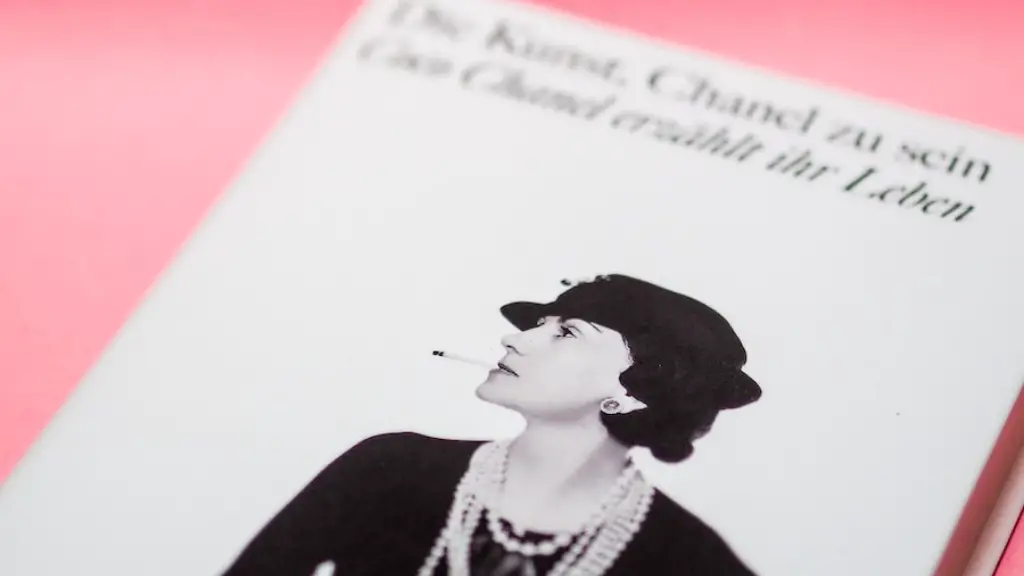Biography of Langston Hughes
Langston Hughes (born 1902) is one of the most renowned African American poets and writers of the 20th century. Born in Missouri to a working-class family, he was encouraged to write by his mother, who herself was a poet. Hughes attended college at Columbia University in New York and was deeply influenced by the Harlem Renaissance. He was an active member of the civil rights movement, using his writing as a vehicle to speak out against inequality and injustice.
Though most recognized for his poetry, Hughes wrote in various genres, including essays, short stories, plays, and novels. His writing excelled at capturing the beauty, suffering, joy, and sadness of African American life. He often mixed poems with other media, such as jazz and blues music and art, to effectively communicate his message. Hughes’ poetry, stories, and novels have remained influential to this day. Even though he passed away over half a century ago, Hughes’ work continues to shape how we think about race, identity, and social justice.
Poetic Style
Langston Hughes’ writing style as a poet was direct, rhythmic and often melancholy. He explored the African American experience in both its positive and negative aspects, with a focus on music, history, and culture. His most famous works often rely heavily on metaphor and vivid imagery to capture a wide range of emotions. Hughes was also successful in using common language spoken in everyday life, giving his work familiarity and an accessible appeal.
This style greatly resonated with his Black audience, as his poems often addressed issues of race, identity, and oppression. Hughes often wrote about racial injustice, as well as themes of hope and progress in his work. Hughes’ pieces such as “Let America Be America Again” and “I, Too” continue to be recited by activists and educators around the world.
Legacy of Langston Hughes
Langston Hughes was an incredibly influential figure in American culture, having published and performed over 60 texts throughout his career. His work remains relevant and powerful, focusing on the beauty and pain of the Black experience, and the importance of reclaiming Black history and culture. As a poet, Hughes pushed viewers to reflect on many social and political issues, allowing readers the opportunity to expand their racial and political thoughts.
Hughes was also a major lyrical and literary influence to many Black literary figures who followed him. His use of African American language and culture in literature further opened the door for writers who came after him. His writings live on as a powerful symbol for the rights of African Americans, not only during the 20th century, but for generations to come.
The Powerful Poetry of Langston Hughes
Known for his jazz poetry, Langston Hughes was a talented and prolific poet, writing in a variety of styles, forms and lengths. Many of his poems touched on the struggles of Black life in America, while also examining hard truths and casting a sympathetic eye on his characters. Notable works of his include “The Weary Blues,” “Been Here and Gone,” “The Negro Speaks of Rivers,” and “If We Must Die.”
In “The Weary Blues,” Hughes examines the exhaustion of day-to-day life in an African American community, which is described in vivid detail. Other works of his, such as “Been Here and Gone” and “If We Must Die,” speak to the resilience and courage of Black people in difficult circumstances. Beyond its beauty and lyrical message, the poetry of Langston Hughes has deeply impacted generations of readers and will remain an essential work of literature for many years to come.
Artistic Legacy
Throughout his lifetime, Langston Hughes deeply explored the African American experience in all its depths and complexities, utilizing music, art, and literature. In his prose, Hughes often fluidly switched between jazz and blues and traditional poetic stanzas. He corresponded with the likes of Zora Neale Hurston and Cab Calloway, and collaborated with notable figures in the musical field as well as visual artists. Hughes also collected thousands of photographs and other documents exploring African American history.
“The Langston Hughes Festival” is held annually in Harlem, New York in recognition of his life and legacy. Radio programs, such as “The Langston Hughes Radio Hour” and “The Langston Hughes and Friends Show” keep his memory alive, as does the Langston Hughes Center at Cornell University. The Langston Hughes African American Film Festival celebrates his life and works. Due to his remarkable contributions to literature, Langston Hughes is widely remembered and honored even to this day.
His Literary Accomplishments
In addition to his many contributions to American culture, Langston Hughes was also an esteemed writer. His celebrated works include over 60 published books, including poetry collections, plays, children’s books, mysteries and novels. He won numerous awards for his work, including a Guggenheim Fellowship and an Anisfield-Wolf Book Award, and has been nominated for a Pulitzer Prize.
Some of his signature novels and stories include Not Without Laughter, The Ways of White Folks, and I Wonder As I Wander. Hughes’ writings have been adapted into films, plays, and musicals, and his works are published in a variety of languages. It is important to note that, while Hughes wrote mostly in standard English, he incorporated many African American vernacular phrases. This use of language reflects his effort to capture the atmosphere of African American life and culture in literature.
Recordable Contributions
Langston Hughes made countless lasting contributions to American culture, history and literature. His poems and writings still remain an enduring part of American music, art, and literature. His portrayal of African American life, as different as it was from Virginia Woolf or Ernest Hemingway, showed readers the joy, suffering, courage and resilience of African Americans. He helped maintain a legacy of African American literature and inspired a new generation of African American poets to emerge.
Hughes was first published in the 1920s and continues to be read in the 21st century. His writings have been translated into more than 20 languages, including French, German, Spanish, and Swedish. He was the first African American poet to write in a variety of forms, including fiction, poetry, and essays. His works have been frequently anthologized and set to music, and he is remembered as an important voice in the evolution of American literature.
Conclusion
Langston Hughes was a pivotal part of American literary history, leaving behind a number of revered and recited works. Throughout his lifetime, he wrote in multiple genres and mediums, offering his audience a thorough and vivid view of African American life in the United States. His work demonstrated the strength and dignity of Black people, and his writings have left an inextricable mark on American culture and history. He remains an enduring figure in American literature, and his works continue to inspire and educate people to this day.



